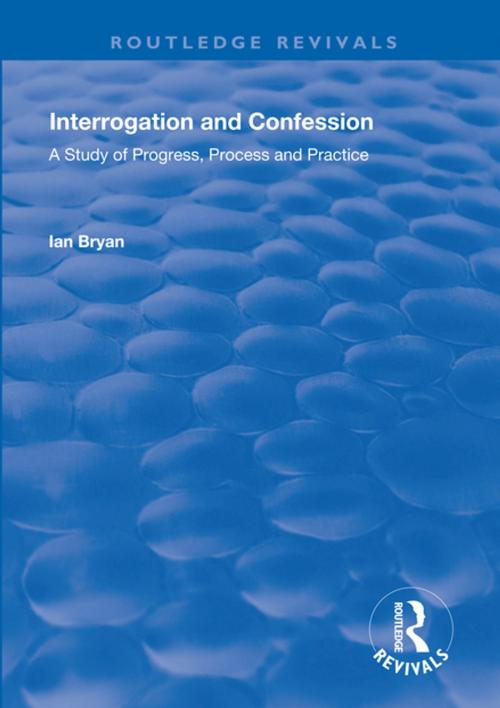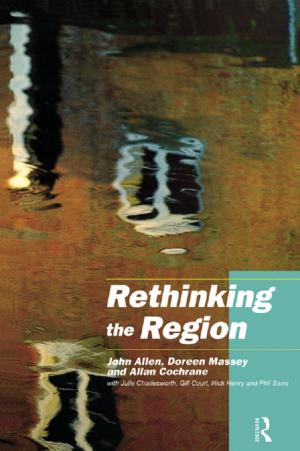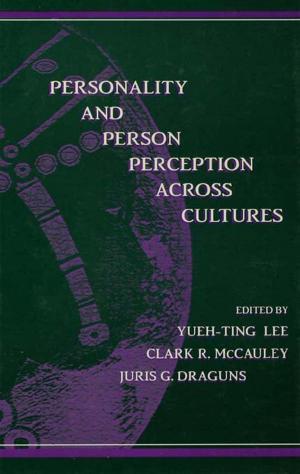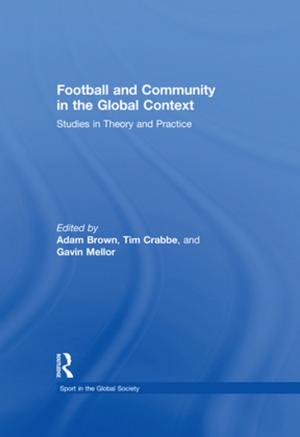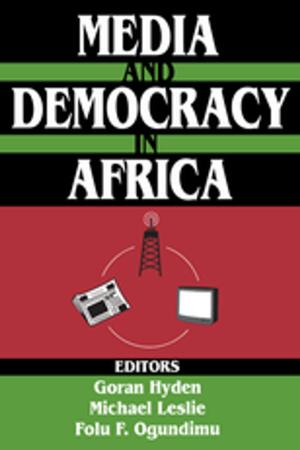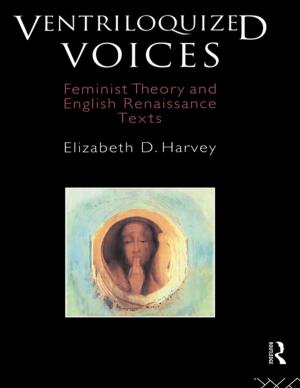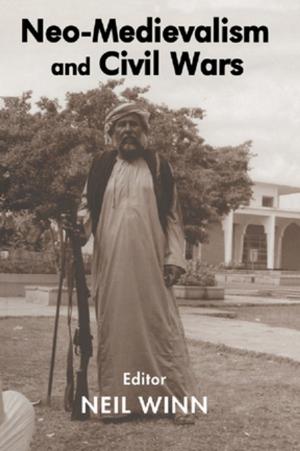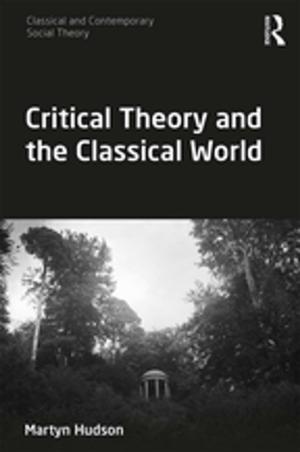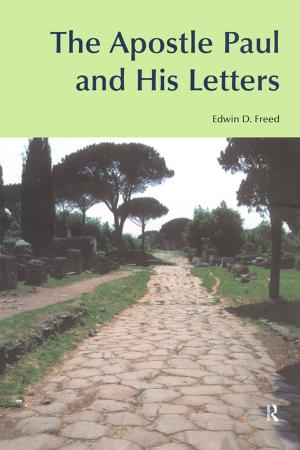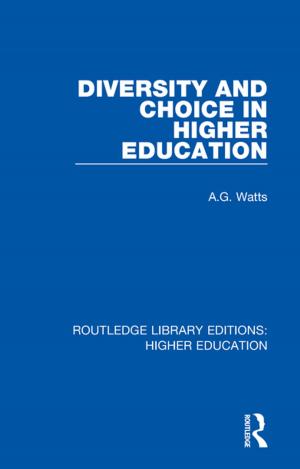Interrogation and Confession
A Study of Progress, Process and Practice
Nonfiction, Social & Cultural Studies, Social Science| Author: | Ian Bryan | ISBN: | 9780429809606 |
| Publisher: | Taylor and Francis | Publication: | January 4, 2019 |
| Imprint: | Routledge | Language: | English |
| Author: | Ian Bryan |
| ISBN: | 9780429809606 |
| Publisher: | Taylor and Francis |
| Publication: | January 4, 2019 |
| Imprint: | Routledge |
| Language: | English |
First published in 1997, Interrogation and Confession has two important concerns. The first is with the structures and strategies that have evolved within the criminal justice system not only to entrench the confession as key item of prosecution evidence but also to legitimate the custodial interrogation of suspects by law enforcement personnel. The second major concern is with kinds of police-suspect encounter that appear in official accounts of custodial interrogation. Based upon a systematic analysis of prosecution papers associated with over 650 Crown Court cases, the author provides vivid and challenging insights into the nature of police-suspect relations and closely examines: the extent to which evidence is constructed (rather than elicited); how far formal rules impact upon the character and form of police-suspect relations during interrogation; the circumstances in which suspects elect or decline to cooperate with the police; and the extent to which records of custodial interrogation can be said to be complete, accurate and reliable.
First published in 1997, Interrogation and Confession has two important concerns. The first is with the structures and strategies that have evolved within the criminal justice system not only to entrench the confession as key item of prosecution evidence but also to legitimate the custodial interrogation of suspects by law enforcement personnel. The second major concern is with kinds of police-suspect encounter that appear in official accounts of custodial interrogation. Based upon a systematic analysis of prosecution papers associated with over 650 Crown Court cases, the author provides vivid and challenging insights into the nature of police-suspect relations and closely examines: the extent to which evidence is constructed (rather than elicited); how far formal rules impact upon the character and form of police-suspect relations during interrogation; the circumstances in which suspects elect or decline to cooperate with the police; and the extent to which records of custodial interrogation can be said to be complete, accurate and reliable.
